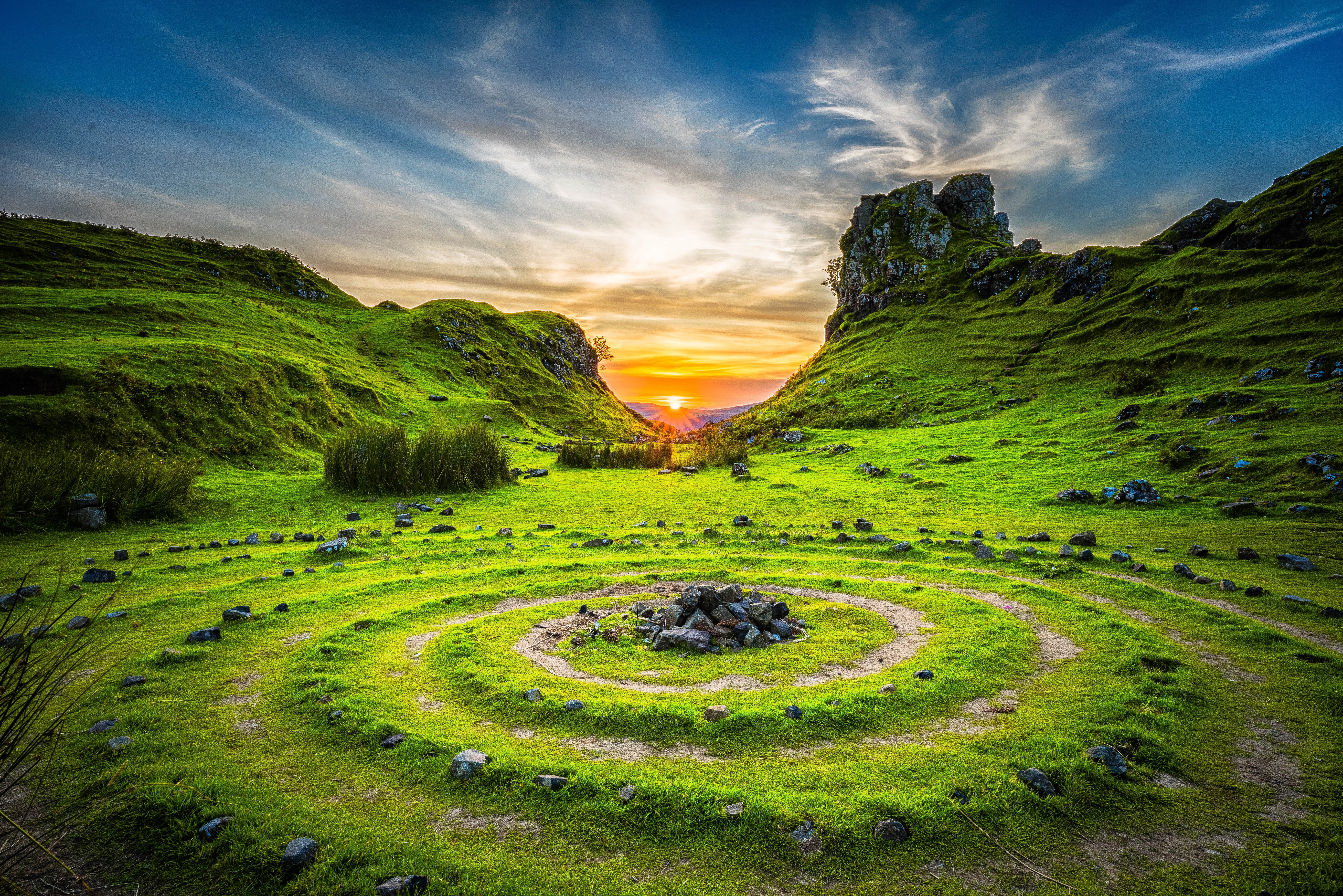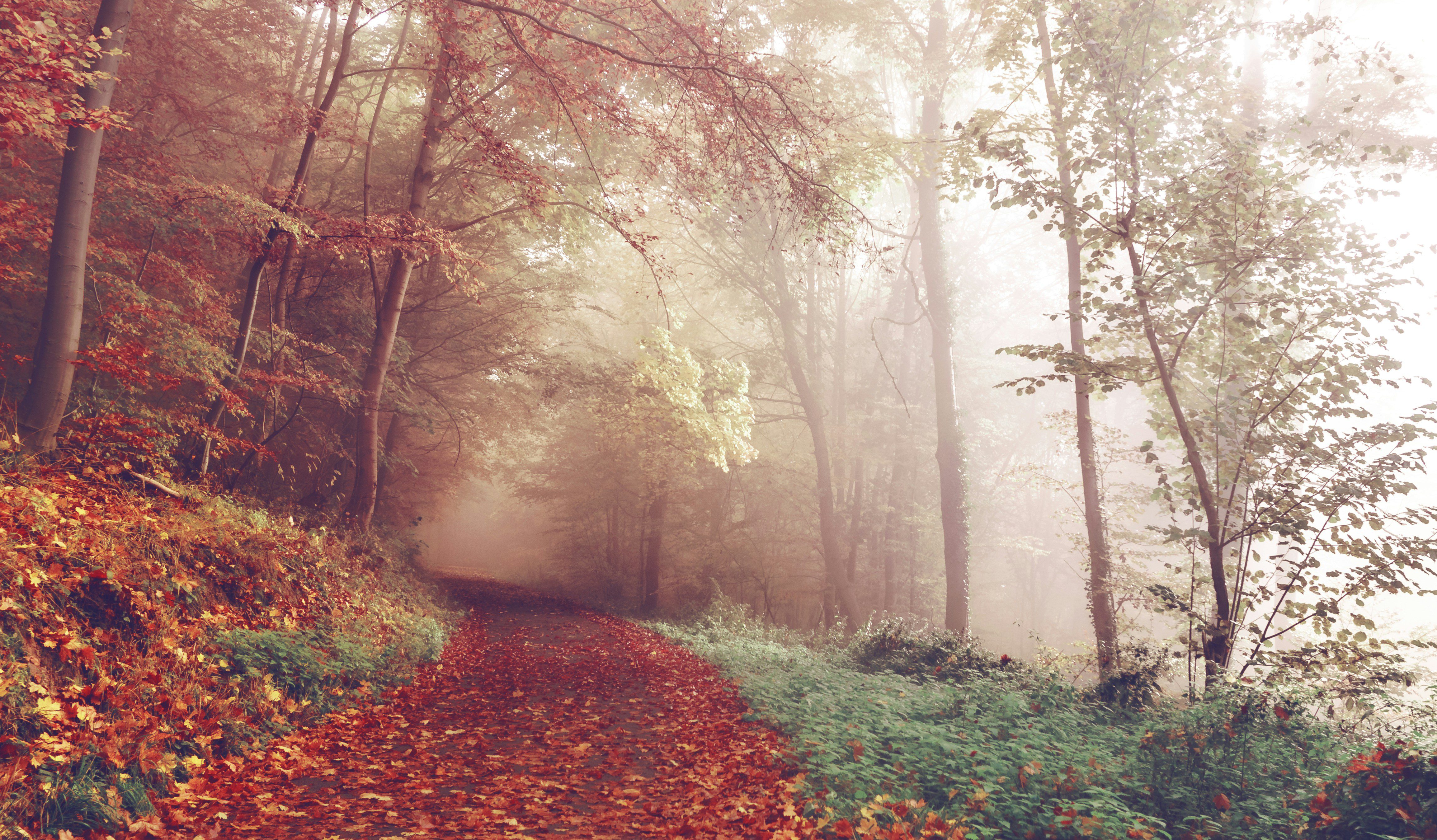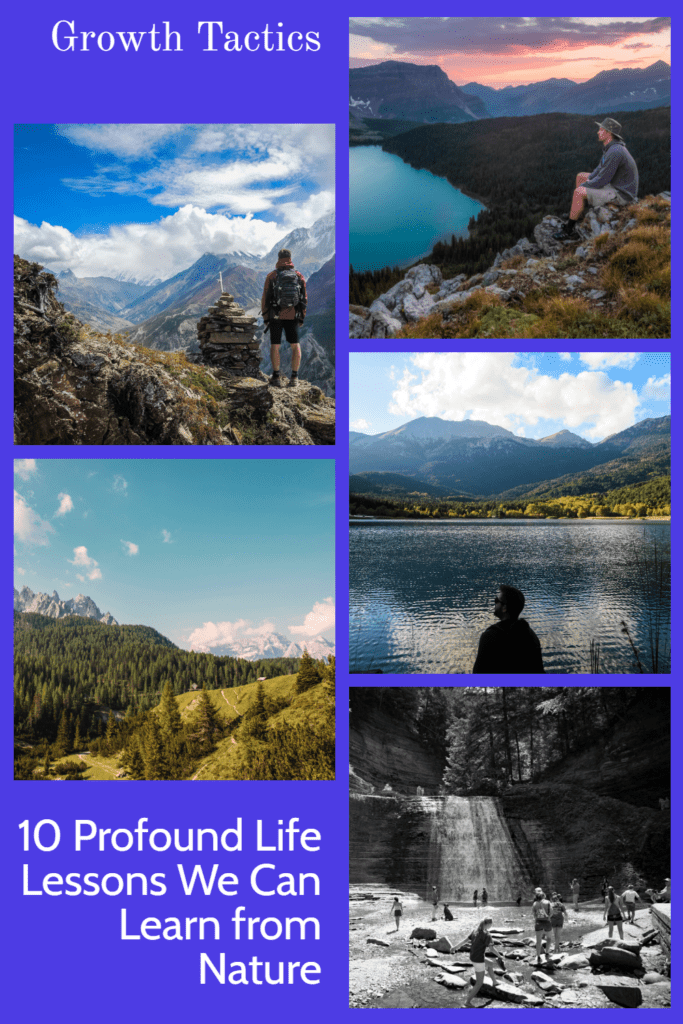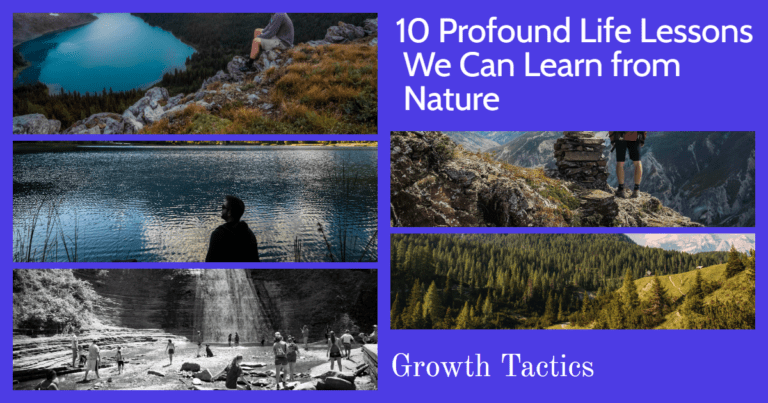Life has a way of teaching us, often when we least expect it. Nature, with its beauty and complexity, offers lessons that are powerful and clear. From the resilience of a tree to the persistence of a river, there’s so much we can learn.
In this journey, let’s explore 10 profound life lessons we can learn from nature. These lessons will guide you, inspire you, and remind you of the importance of having a purpose in everything you do. Embrace these teachings and find your own unique path to personal growth and leadership.
Jump To Section
Lesson 1: Adaptability
Nature is a great teacher. It can teach us how to adapt to the changes in our lives, whether they be good or bad. The first lesson from nature is that we must be flexible and embrace change if we want to survive.
For example, when a storm hits your town and knocks down trees or destroys buildings, you have no choice but to adapt and rebuild what was lost during the storm.
This same concept applies when life throws us curveballs; if we don’t learn how to deal with these unexpected occurrences then we might find ourselves struggling through them without any idea where our lives are headed next!
Lesson 2: Resilience

In nature, it’s often the plants and animals that are most resilient to change who survive. For example, bamboo can grow back from its roots after being cut down by humans or natural disasters such as earthquakes or floods. In fact, it grows so quickly that some people use bamboo shoots as a food source!
Another example of resilience is how trees adapt to harsh weather conditions like drought or extreme cold by shedding their leaves during winter months so they don’t lose too much water through transpiration (the process by which plants release water vapor into the air). This allows them to conserve energy until spring arrives again when they’ll grow new leaves with plenty of time before summer heat kicks in again.
Lesson 3: Patience
The lesson of patience is one that can be learned from many different aspects of nature. The most obvious example is flowers, which have to wait for the right time to bloom. They don’t just open up on a whim; they need the right conditions and weather before they can blossom into their full beauty.
Another example is seeds, which must go through a long process before they become fully grown plants or trees, and even then, many seeds won’t survive at all! But if you look closely at these little guys (and gals), you’ll see that they’re actually pretty cool.
Finally, when we think about patience as an important lesson in life, we often think about waiting for something good but sometimes patience means waiting for something bad too!
For example: if there is an emergency situation nearby (like an earthquake) then it might take longer than usual for help to arrive because everyone else needs help too. So being patient during those times can mean everything between life and death.
Lesson 4: Collaboration
It’s easy to take the collaboration of bees and birds for granted. But when you stop and think about it, these animals work together with a common goal: survival.
The same can be said for humans. In fact, we’ve been collaborating with each other since the beginning of time and we need it more than ever! We must remember this lesson from nature as we move forward in our lives and careers.
Lesson 5: Flexibility

Imagine yourself as a butterfly, seamlessly changing colors and patterns to blend in with your surroundings, evading predators with ease. Or picture the leaves in autumn, transforming into a vibrant spectrum of hues as they adapt to the changing season.
Nature’s flexibility and adaptability are inspiring lessons that you, too, can learn from. Embrace the ability to adjust to new situations and challenges in your life, just as nature does. By cultivating flexibility, you’ll be better equipped to navigate the ever-changing landscape of life, and ultimately, thrive amidst uncertainty.
Lesson 6: Unconditional Love
In the vast realm of the animal kingdom, unconditional love flourishes as a testament to Mother Nature’s remarkable design. From the nurturing bonds of wild creatures to the devoted companionship of domesticated animals, these beings demonstrate a love that transcends boundaries.
As humans, it is our responsibility to take these lessons to heart and strive to emulate their example. By practicing compassion and curbing judgment towards one another, we can foster a world where love and understanding reign supreme and the beauty of unconditional love mirrors the harmony found in nature itself.
Lesson 7: Appreciation for Beauty
As you journey through life, take the time to appreciate the beauty that surrounds you. Gaze at the clouds, flowers, and sunshine with a renewed sense of wonder, allowing yourself to be captivated by their natural splendor.
Immerse yourself in nature and practice mindfulness, fully engaging with your surroundings. By cultivating a deep appreciation for beauty, you’ll not only enrich your own life but also foster a greater sense of gratitude and connection with the world around you.
Lesson 8: Wisdom of Nature
Life is a cycle. In nature, everything has its place and purpose. Life without death would be chaos. It would mean that nothing new could ever come into being. When one thing dies, another grows from it and takes its place in the natural order of things.
The wisdom of nature can teach us how to live our lives more harmoniously with each other and with our environment by helping us understand what really matters most: love, compassion, peace, and happiness for all beings on Earth (including ourselves).
Lesson 9: Embrace Change
As the autumn season heralds a time of transformation with leaves changing colors, you too may find changes occurring in your life. Whether it’s the emotional upheaval of a divorce or witnessing the impact of habitat changes on the natural world, it’s crucial to embrace these shifts rather than resist them.
Understand that challenges like divorce can lead to new beginnings, and both parents can still create loving homes for their children. When it comes to ecological changes, strive to be more aware of your actions and their effects on the environment.
By embracing change and adapting to new circumstances, you can foster growth, and resilience, and ultimately contribute to a more harmonious coexistence for all living beings.
Lesson 10: Self-Awareness

As you journey through life, remember the importance of cultivating self-awareness. Acknowledge your own feelings and emotions, and recognize how they influence your experiences. When you’re confronted with loneliness or sadness, actively seek ways to uplift your spirit and rediscover happiness.
Similarly, when anger or frustration arises, give yourself space to process and release these emotions before they become overwhelming. By nurturing self-awareness, you’ll foster greater emotional balance and the ability to navigate life’s challenges with grace and resilience.
Wrapping Up Our Lessons From Nature
In conclusion, nature provides us with a wealth of wisdom and valuable life lessons that can guide us on our journey toward personal growth and fulfillment.
By observing and embracing the resilience, adaptability, and harmony found in the natural world, we can cultivate a deeper connection with ourselves and our surroundings.
By learning from nature’s teachings, we can navigate life’s challenges with grace, foster gratitude, and ultimately lead a more balanced, harmonious, and meaningful existence. So, let us take the time to truly appreciate and apply these profound lessons, and allow nature to be our greatest teacher.
Did you enjoy this article on life lessons from nature? Please share and subscribe below.


